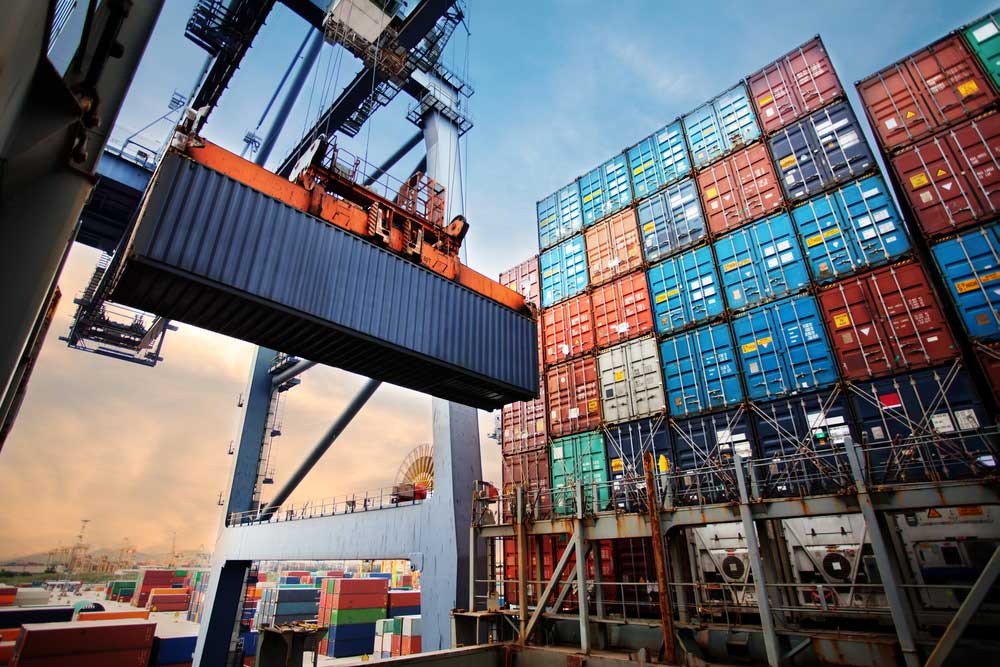India on Saturday increased customs duty on all goods originating from or imported from Pakistan to 200 per cent.
This follows a cabinet decision on Friday to remove Pakistan from India’s list of “Most Favoured Nations” after a daring attack by the Pakistan-based terror group Jaish-e-Mohammad on a CRPF convoy in Pulwama in Jammu & Kashmir.
Finance minister Arun Jaitley tweeted: “India has withdrawn the MFN status to Pakistan after the Pulwama incident. Upon withdrawal, basic customs duty on all goods exported from Pakistan to India has been raised to 200 per cent with immediate effect.”
All WTO signatories are duty bound to give other signatory nations equal treatment while levying import duty or allowing entry of goods, under the MFN norm.
Though India had granted this status to Pakistan in 1996, its neighbour had dithered on this, partly because local industry protested for fear of loss of their market.
A customs notification issued on Saturday evening said: “The central government is satisfied that import duty leviable on all goods originating or exported from the Islamic republic of Pakistan … should be increased and that circumstances exist which render it necessary.”
Usually when a country is taken off the MFN list, the conscessions given on customs duty to all WTO signatories are withdrawn and full customs duty has to be paid on exports.
However, with this notification India has raised customs duty on “all goods originating in or exported from” Pakistan, to a uniform 200 per cent.
“Usually we do not increase duties even if the MFN status is withdrawn. However, the government seems to have decided to take a retaliatory step,” said Sumit Dutt Majumder, former chairman of the Central Board of Excise and Customs.
“It is not very clear whether this will affect the third-country trade which is going on between the two countries through places such as Dubai in the UAE and Singapore,” said Majumder.
“The notification says originating from ... the problem is that Pakistan exports products such as dry fruits, leather and some minerals. It is difficult for customs to be sure of its place of origin.”
Pakistan exported just $500 million of goods in 2017-18 to India, representing 1.5 per cent of its exports. However, it is believed to have exported goods worth about 3-4 times as much through third countries.
Official trade between the two neighbours in 2017-18 stood at $2.4 billion with the balance of trade in India’s favour.
However, third-country trade between the two is estimated to be $5-10 billion, again in India’s favour.
The main items that India imports include fresh fruits, cement, petroleum products, bulk minerals and ores and finished leather.
The major exports to Pakistan include raw cotton, cotton yarn, chemicals, plastics, manmade yarn and dyes.
Analysts say the move could hit cement exported by Pakistan as well as bituminous oils as these are bulk commodities which are difficult to ship through third countries without impacting the costing hugely.
Aparna Dutt Sharma, secretary-general, Cement Manufacturers Association, said: “Imports of cement from Pakistan had increased to almost one lakh tonnes per month. In order to discourage this we had suggested raising duty to the government long back.”











